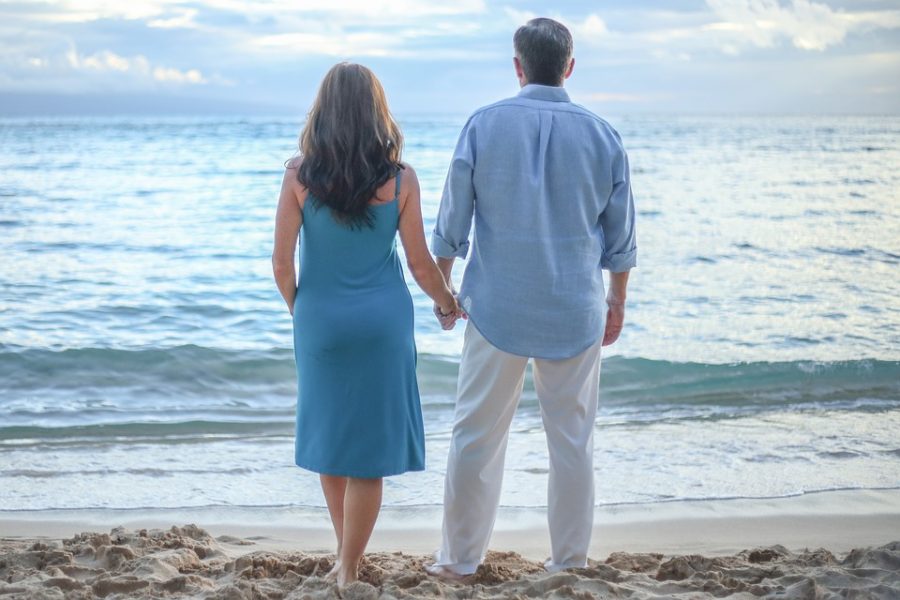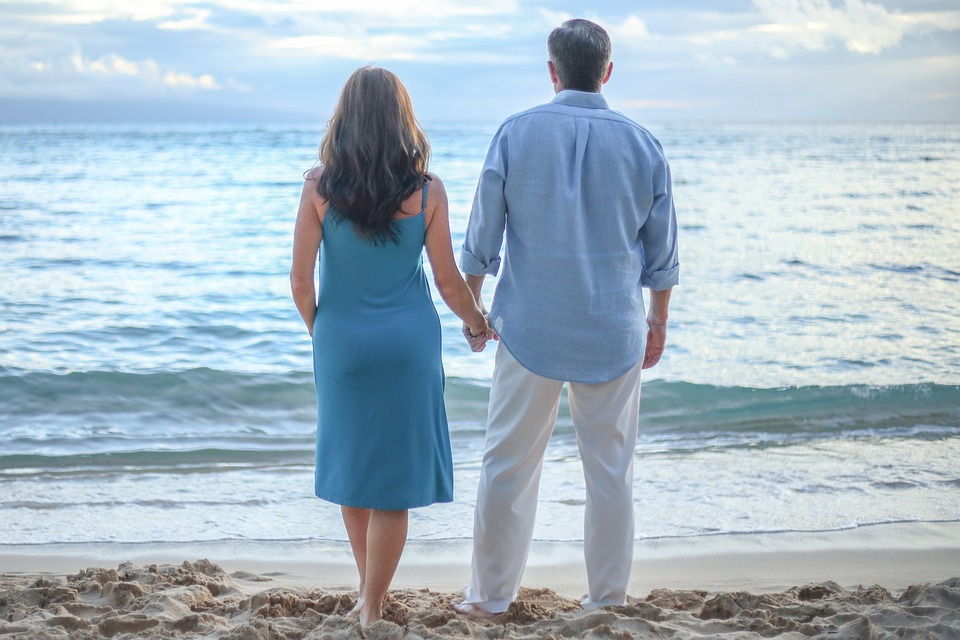
South African Couple’s Nightmare in New Zealand
A South African couple from Richard’s Bay, living in New Zealand, is facing the might of the law there… after two of their children were taken into state care amid misguided accusations of child abuse. Human Rights Advocate, Sue O’Callaghan, is calling for an urgent review of the case which she has labelled as ‘one […]

A South African couple from Richard’s Bay, living in New Zealand, is facing the might of the law there… after two of their children were taken into state care amid misguided accusations of child abuse.

Human Rights Advocate, Sue O’Callaghan, is calling for an urgent review of the case which she has labelled as ‘one of the most severe cases of establishment abuse’.
According to O’Callaghan, the nightmare began last year for the Zululand couple, whose names cannot be published for legal reasons, when their then four-week-old child was taken by social workers into state custody.
The child had reportedly suffered a broken collarbone during birth.
‘Concerned that their daughter was not thriving, the parents took her to the hospital at four weeks old, and x-rays revealed several broken ribs,’ said O’Callaghan.
‘Child, Youth and Family Services (CYFS) removed the baby from the distraught parents.’
Despite a later diagnosis of Osteogenesis Imperfecta (OI), more commonly known as brittle bone disease, the child remains in state-ordered foster care.
Just two weeks ago, their second born was also removed into state custody when only five days old.
‘The new baby was taken from his parents because Oranga Tamariki (the government department which in April replaced CYFS) does not consider that brittle bone disease explains the earlier fractures, and therefore considers him to be at risk of similar harm,’ said O’Callaghan.
‘Unfortunately, little seems to be known about OI in New Zealand.
‘Genetic samples were sent to Australia and came back very clearly as Type 1 OI, where bone breaks are more often than not unexplained.’
O’Callaghan, who has worked with similar cases in the UK, said the parents’ concerns that something was wrong with their first baby were ‘dismissed’.
‘They then faced the terror of not only losing that child, but having to prove their innocence.
‘Unlike criminal law where one is innocent until proven guilty, in alleged child abuse cases the opposite is true.’
O’Callaghan said Oranga Tamariki must consider the OI diagnosis as being relevant to the case, but, as yet, they have not.
‘The fact that they haven’t raises serious concerns as to how many other children in New Zealand are removed because of broken bones and allegations of child abuse as a result of inadequate medical testing around vitamin D deficiency, rickets and OI,’ she said.
O’Callaghan has written to the Human Rights Commission in New Zealand and the Chief Executive of Oranga Tamariki, Gráinne Moss, seeking an urgent review of the case.
The children’s distraught parents have started a fund-raising campaign to raise much needed funds to fight their legal battle.
This article first appeared here, and has been republished with kind permission of the Zululand Observer